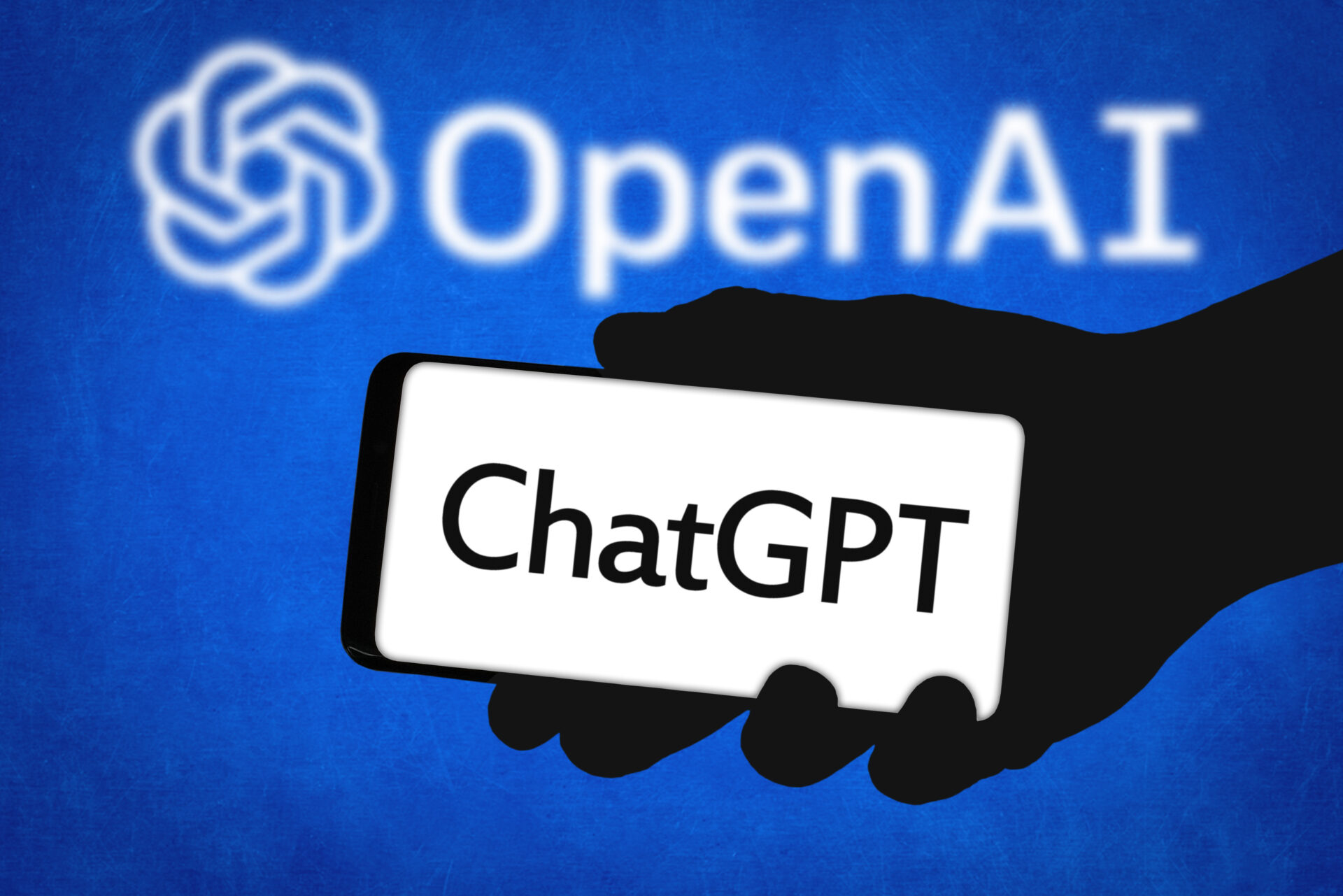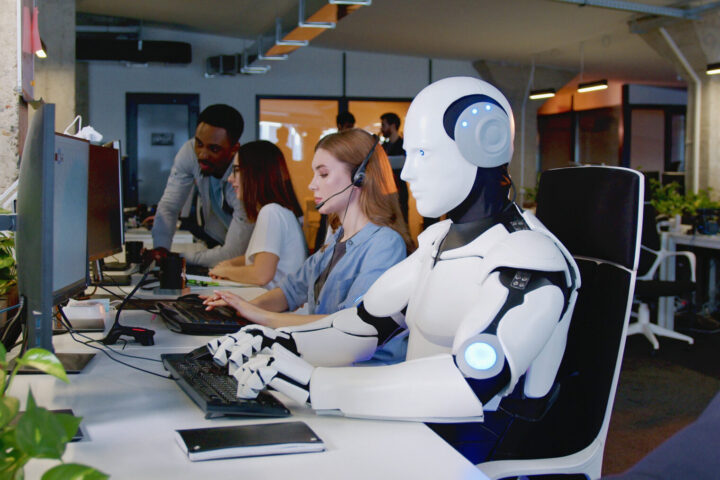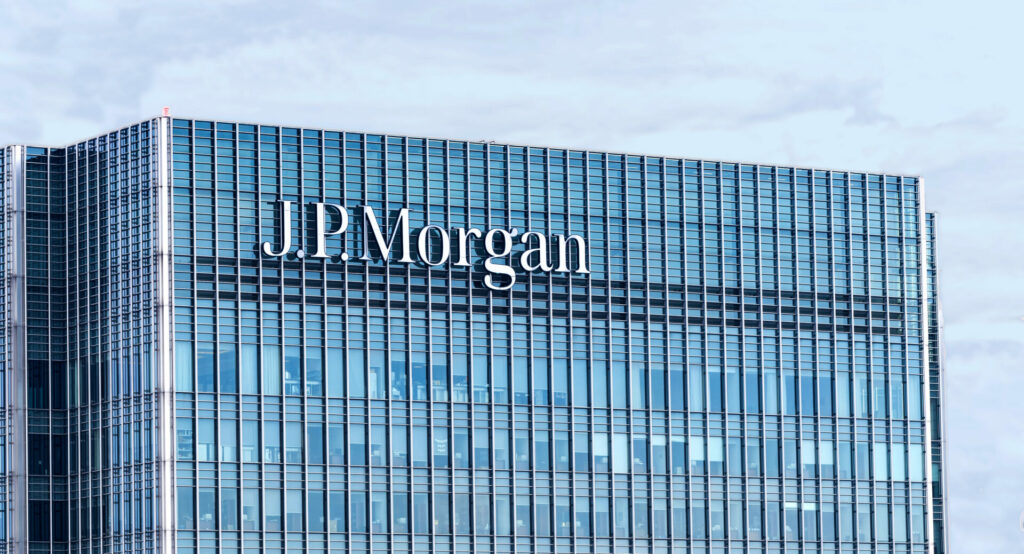Sam Altman, CEO of OpenAI, which operates generative artificial intelligence (AI) chatbot ChatGPT, has stated that AI will play a transformative role in workplaces, with AI agents expected to enter the workforce as early as 2025.
In a blog post, Altman said: “We believe that, in 2025, we may see the first AI agents ‘join the workforce’ and materially change the output of companies.”
Altman said that these AI agents could significantly enhance productivity by performing tasks autonomously.
He added that super-intelligent tools, which OpenAI aims to develop in the future, have the potential to accelerate innovation and scientific discovery, creating increased prosperity.
Reflecting on OpenAI’s progress, Altman highlighted the rapid growth of the company over the past two years, noting an increase from 100 million to over 300 million weekly active users.
He described the process of scaling the organisation as challenging, stating: “We had to build an entire company, almost from scratch, around this new technology.
“Moving at speed in uncharted waters is an incredible experience, but it is also immensely stressful for all the players.”
Altman also addressed governance issues, citing lessons learned during OpenAI’s recent internal challenges.
He emphasised the importance of having a board with diverse viewpoints and experience in managing complex challenges, stating that “good governance requires a lot of trust and credibility.”
While Altman acknowledged the inevitable challenges that come with rapid growth, including team turnover and evolving interests, he expressed confidence in the company’s ability to adapt.
He stated that OpenAI would continue to build new capabilities and address unforeseen challenges as they arise.
The integration of AI agents into workplaces, Altman indicated, would be guided by an iterative approach, ensuring that systems evolve safely and align with societal needs.
He reaffirmed OpenAI’s commitment to deploying technology in a way that allows society to adapt and benefit over time.
















